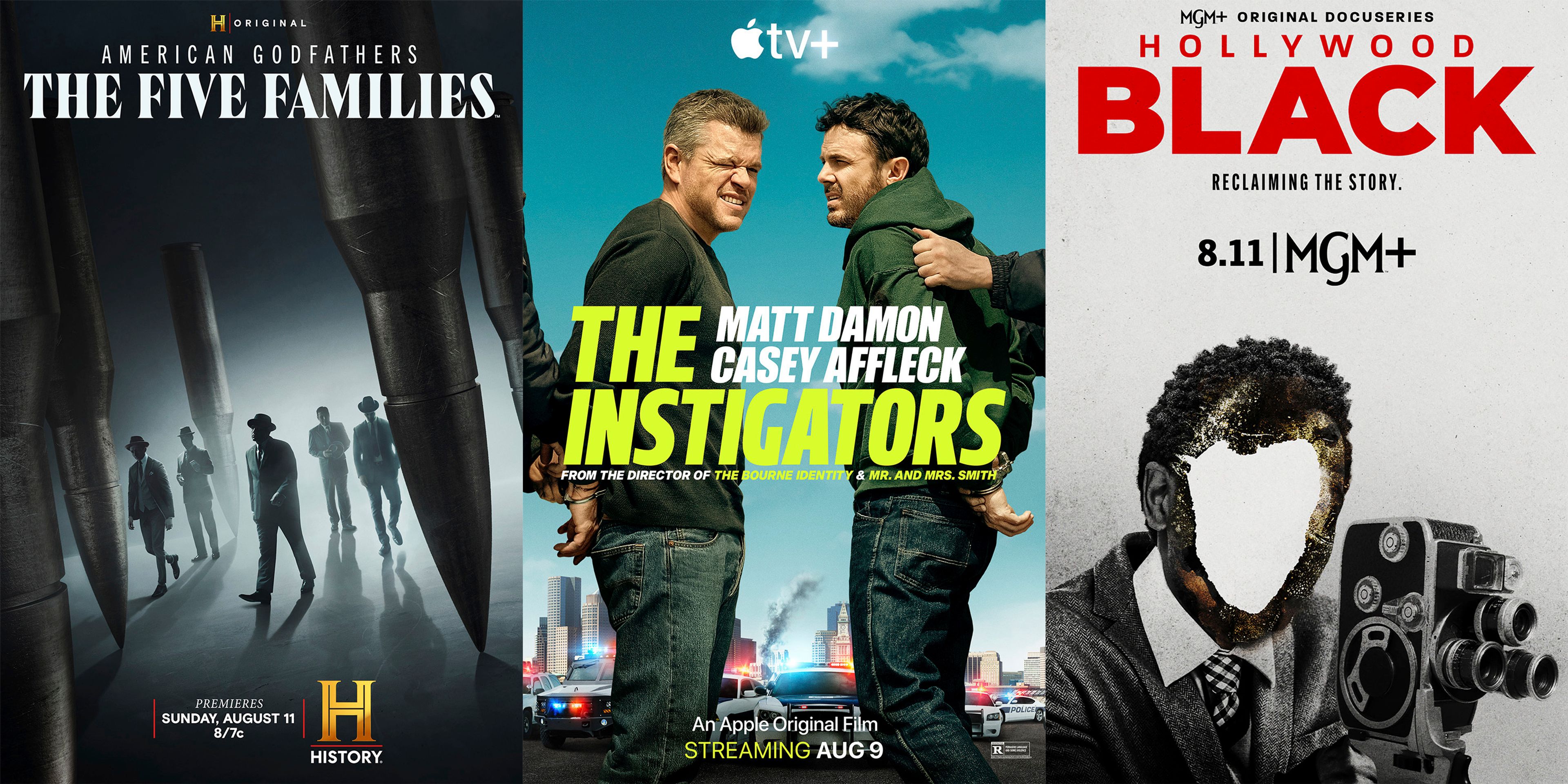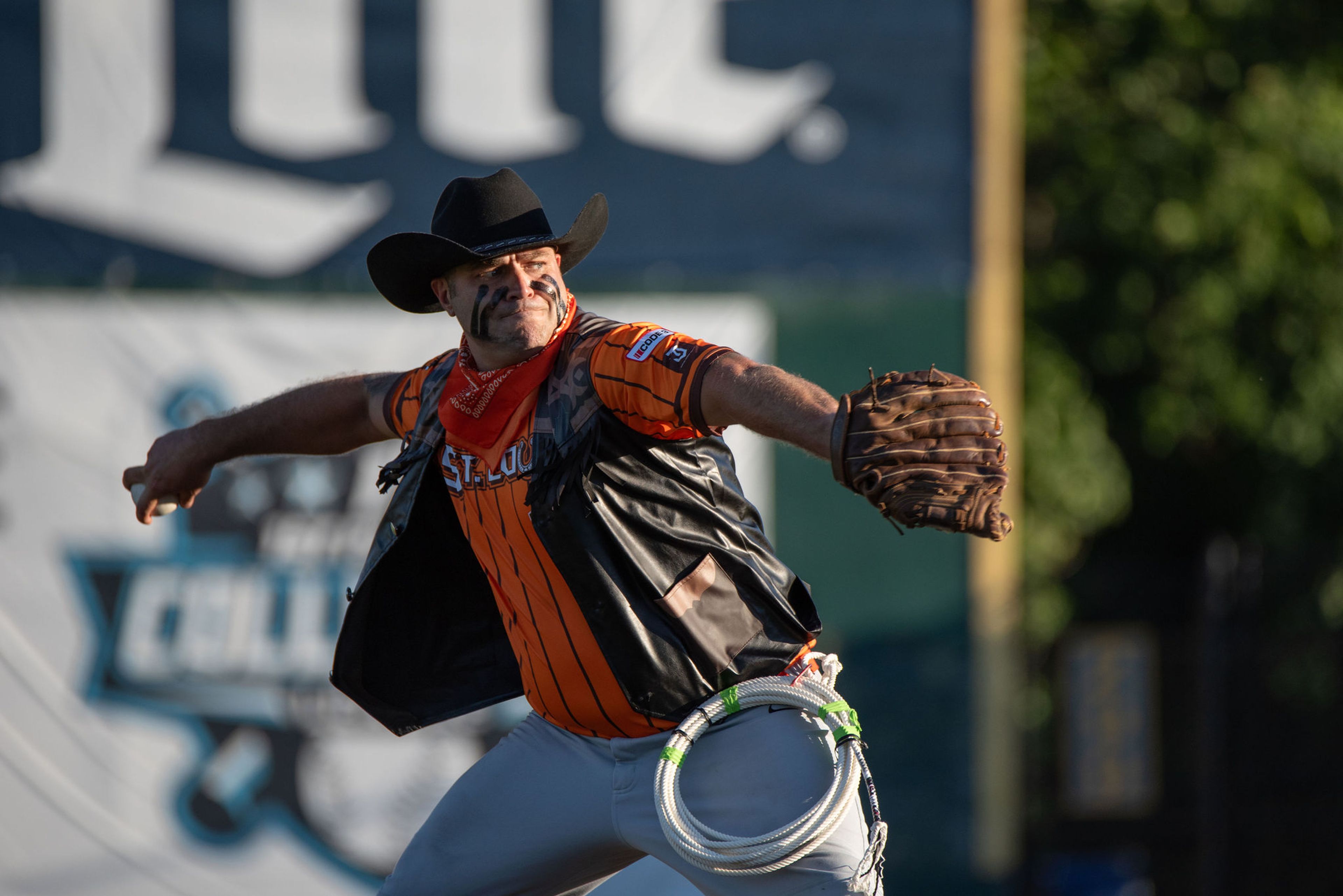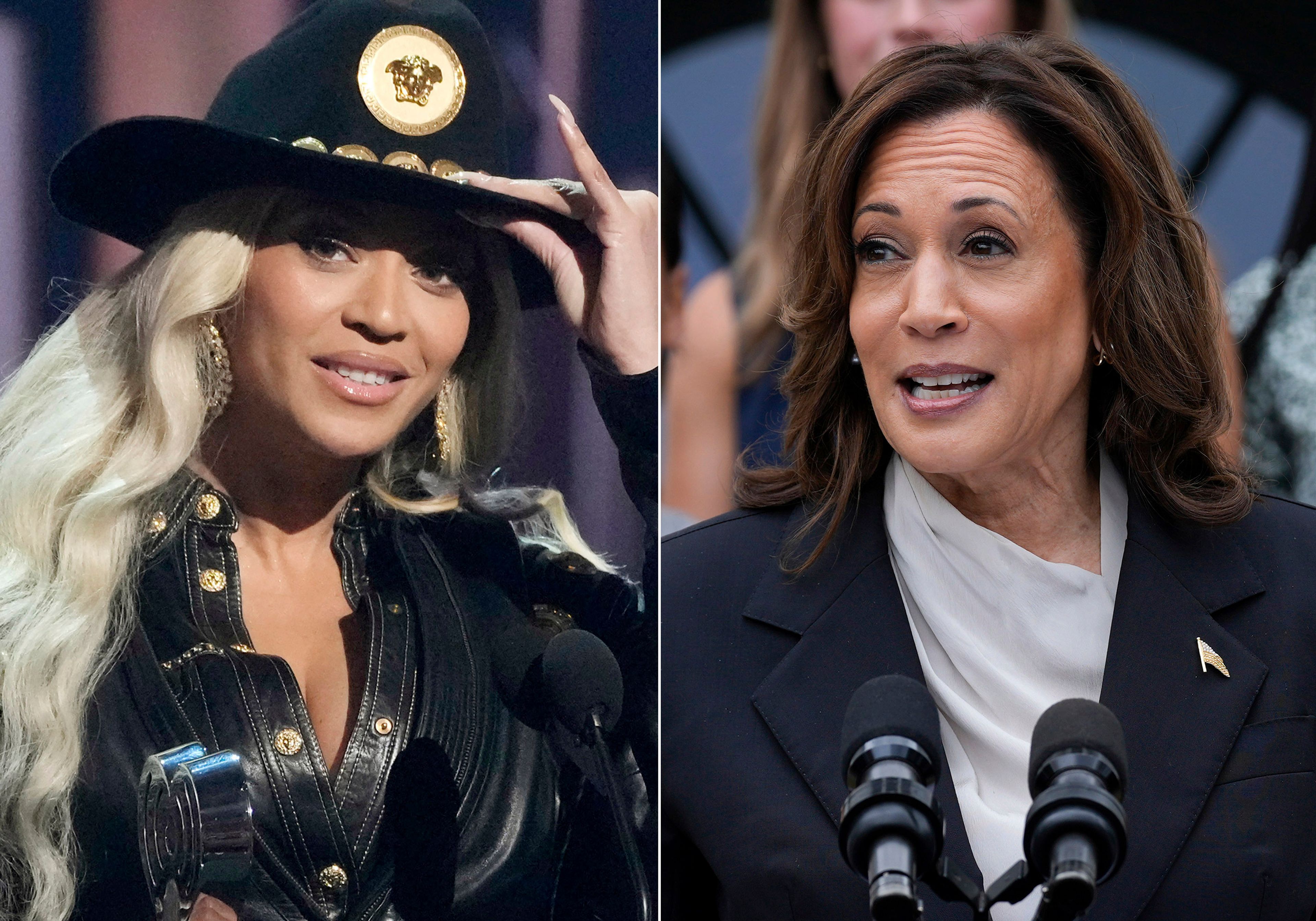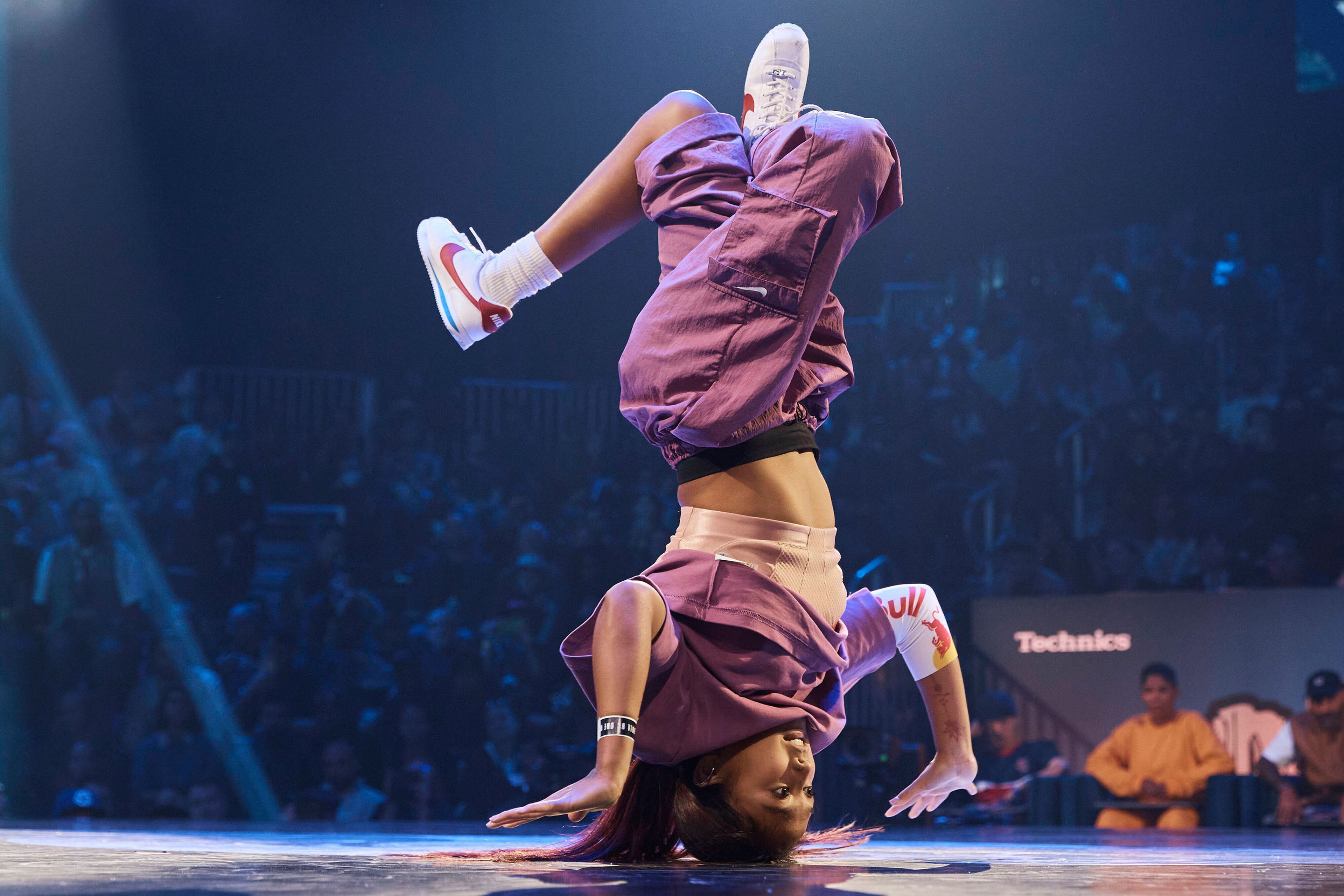WEST POINT, N.Y.
Cadet Corrie Hanson opens an anthology of Native American literature and rests her thick fingers upon "Indian Boarding School: the Runaways," a poem by Louise Erdrich. Hanson, one of eight West Point students enrolled in "ethnic literature," reads the opening passage:
"Home's the place we head for in our sleep.
"Boxcars stumbling north in dreams
"don't wait for us. We catch them on the run."
Cadets take turns with the poem, impressed by lines such as, "All runaways wore dresses, long green ones/the color you would think shame was." Their teacher, Col. Janice E. Hudley, notes that boarding schools were meant to "civilize" Indians and that the unofficial motto for one institution was "kill the Indians."
Comments Cadet Pearl Phaovisaid: "It's like an alternative reality."
As West Point celebrates its bicentennial, it maintains much of the discipline you would expect on a military campus: the BDU's (battle dress uniforms) and black boots; men with buzz cuts and women with hair pulled back and knotted; teachers addressed as "sir" and "ma'am"; cadets standing at attention as a video monitor marks the precise starting time of class.
But students now read books once unthinkable for such a setting -- anti-war classics such as Joseph Heller's "Catch-22" and Kurt Vonnegut's "Slaughterhouse-Five," and Alice Walker's "The Color Purple," banned by some school libraries for its themes of incest and lesbianism.
"We're not trying to indoctrinate them," says Col. George Forsythe, vice dean of academics at West Point and a student at the academy in the 1960s. "We're trying to educate them so they can think critically about a variety of perspectives and form their own judgments."
In a recent class taught by Hudley, students read a poem by the Indian writer Sherman Alexie about Crazy Horse, the Oglala Sioux who defeated Lt. Col. George Armstrong Custer at the Battle of Little Bighorn. Although Alexie sympathizes with Crazy Horse against the Army, students found the poem both interesting and useful.
"One of the main reasons I wanted to take the ethnic literature course was to see a whole different perspective rather than the white, Anglo-Saxon male perspective, which is a lot of what you get in the Army," says Hanson, an English major in her senior year.
"You realize that the policy of the Army isn't always going to be right," says Phaovisaid, a geography major in her junior year. "You're not blindly following."
The events of Sept. 11 and the subsequent war in Afghanistan only reinforced what West Point and other military academies had been implementing. There's an increased emphasis on foreign languages, including Arabic, and nonwhite cultures. A course on Eastern philosophy was recently created at West Point and one on Eastern art is being added.
Officials at West Point and elsewhere emphasize the need to change with the times. West Point's student body -- about 4,000 cadets -- is far more diverse than a generation ago. Seventeen percent are women, and 25 percent are of black, Asian, Hispanic or Indian background.
Military education itself has been transformed since West Point's founding. The United States Military Academy has evolved from a technical school to an institution of both arts and sciences, from imparting a single point of view to analyzing many.
"When I was a cadet ... you sort of acquired information; it was mostly reciting what you had learned," says Forsythe. "Our model for today is you acquire the knowledge outside of class and inside debate it and look for nuances."
Changes have been similar at the Naval Academy and the Air Force Academy, both of which teach books you wouldn't expect on a military campus. At the Air Force Academy, students have not only been assigned "Catch-22," but Heller himself spoke there.
"We're looking for critically acute officers in an ever more complex time," says Col. Thomas G. Bowie, chairman of the Air Force Academy's English and fine arts department. "Afghanistan is another reminder of that very thing."
West Point, the country's first military academy, began in 1802, and the first students received instruction in science and math. Classes in history, law and ethics were added later and, by the 1840s, cadets were receiving instruction in speech and composition.
For a school project, Cadet Andrew P. Askell compiled a list of books assigned over the past 200 years. Early texts had practical titles such as "The English Reader," "The Standard Speaker" and "English Lessons for English People."
Shakespeare, Chaucer and Tolstoy were often assigned in the 20th century, but by the late 1960s, some modern texts were being read: "Invisible Man," Ralph Ellison's chronicle of racial tension and identity; Albert Camus' existential "The Stranger"; Edward Albee's despairing "The American Dream" and "Zoo Story."
Until the 1950s, all cadets took the same classes, with no electives. But in the late '50s, an internal study urged greater flexibility and students soon were allowed a small number of choices. The number of courses offered has grown from 67 in 1955 to 450 this year.
In the 1980s, an even more dramatic change was introduced: majors. Cadets still had required classes, but could specialize in English, history or other fields.
"We wanted to challenge cadets beyond the surface," Forsythe, the dean of academics, says. "The best thing we can do is give them a ... basic foundation of information, teach them how to read, teach them to write, have them read some books so they'll continue reading and then cross our fingers in the hope they'll continue educating themselves."
Forsythe recalls few literary discussions among cadets when he was a student, but West Point now offers a notable community for the arts. There's a small campus bookstore, where science fiction and military history are popular buys; a literary magazine called "Circle in the Spiral" and online forums for drama, philosophy, art and African-American literature. It also has a creative writing club that meets twice a month and makes a knowing pitch to the latent novelist or poet.
"Want, need, an outlet for your creative energies? ... Got some short stories, or poems, a novel even, that you want some feedback on? Want that feedback from intelligent folks more interested in literature than paintball or breakfast pizza?" reads a note posted on the writing club's Web site.
"If this tweaks your interest bone, dust off that seminal novel on plebe life, dig out your old short stories on LBUSMA (Life Before the United States Military Academy), resurrect those paeans to life, death, and the few things in between. Come share them with people who give a hoover's dam about good reading and writing."
Both students and faculty say the arts help cadets become better communicators, and thus better soldiers, and that they suffer no conflict between the active and contemplative life.
"I couldn't imagine one without the other. I love the Army, but at the same time, as an aspiring writer, creative activities are vital to me," says Cadet Lee Gray, a junior who edits Circle in the Spiral.
But the idea of military people enjoying literature and other sedentary pleasures is still an uneasy one at West Point, where an average of 25 per graduating class major in English. Hanson and other cadets describe friendly, but genuine tension between themselves and those in more technical areas.
"They think it's a kind of fluffy major," Hanson says. "At the same time, people major in math because they enjoy it and they're good at it. People who major in English also enjoy it and are good at it."
"The engineering majors love to laugh at us and make fun of the humanities, but on the other hand we laugh at them and call them math nerds and geeks," says Kimberly Ogles, an English major in her senior year.
Capt. William E. Hecker III, a West Point alumnus who teaches a required English literature class, says he has a hard time motivating some undergraduates because of the quality of teaching they received before West Point and the campus mindset.
"They don't think it's a particularly manly or military vocation," says Hecker, who in a recent class tried explaining the elements of classic comedy by delineating the plot of "Animal House."
West Point does have some role in literary history. Its scenic setting along the Hudson River inspired Charles Dickens to label it "the fairest among the fair ... shut in by deep green heights and ruined forts, and looking down upon the distant town of Newburgh, along a glittering path of sunlit water."
H.L. Mencken thought the academy's graduates wrote the best English. Edgar Allan Poe studied here briefly, unhappily, and tried to get out. But he was apparently respected enough by his fellow cadets that they helped him release a volume of poems.
At least two notable graduates became published writers: Ulysses S. Grant wrote what is widely regarded as the finest presidential memoir; Gen. George Patton liked to say his two great passions were war and poetry and he even wrote some of his own verse ("Knowing once more the whitehot joy/Of taking human life").
According to editor Gray, almost 300 students submitted material for this year's edition of Circle in the Spiral, which comes out in May.
He says the subject matter of the poetry and prose inspired him to divide the magazine into three sections: love, despair and enlightenment. Gray himself wrote verse for the introduction of each part, including a poem called "Enlightenment":
"Seasons change, people come and go, things end,
"But I know that truth resides in my heart.
"The truth that all people who have lost and smile know.
"The world becomes an impediment, the body an instrument,
"Enlightenment lies behind the next cloud.
"And I'm reaching for it, arms upward."
Gray and others plan to indulge their literary passions long after West Point. While Gray believes "some people are frightened to think in a more sublime way," he finds it an "interesting challenge" to remain creative in a military environment.
Cadet Hanson says she will continue keeping a journal of "bad poetry" and wants always to educate herself. After this year's graduation, Hanson is scheduled to be posted in Germany. The first items packed, she says, will be her books.
------
On the Net:
The United States Military Academy: http://www.usma.edu/
Connect with the Southeast Missourian Newsroom:
For corrections to this story or other insights for the editor, click here. To submit a letter to the editor, click here. To learn about the Southeast Missourian’s AI Policy, click here.








